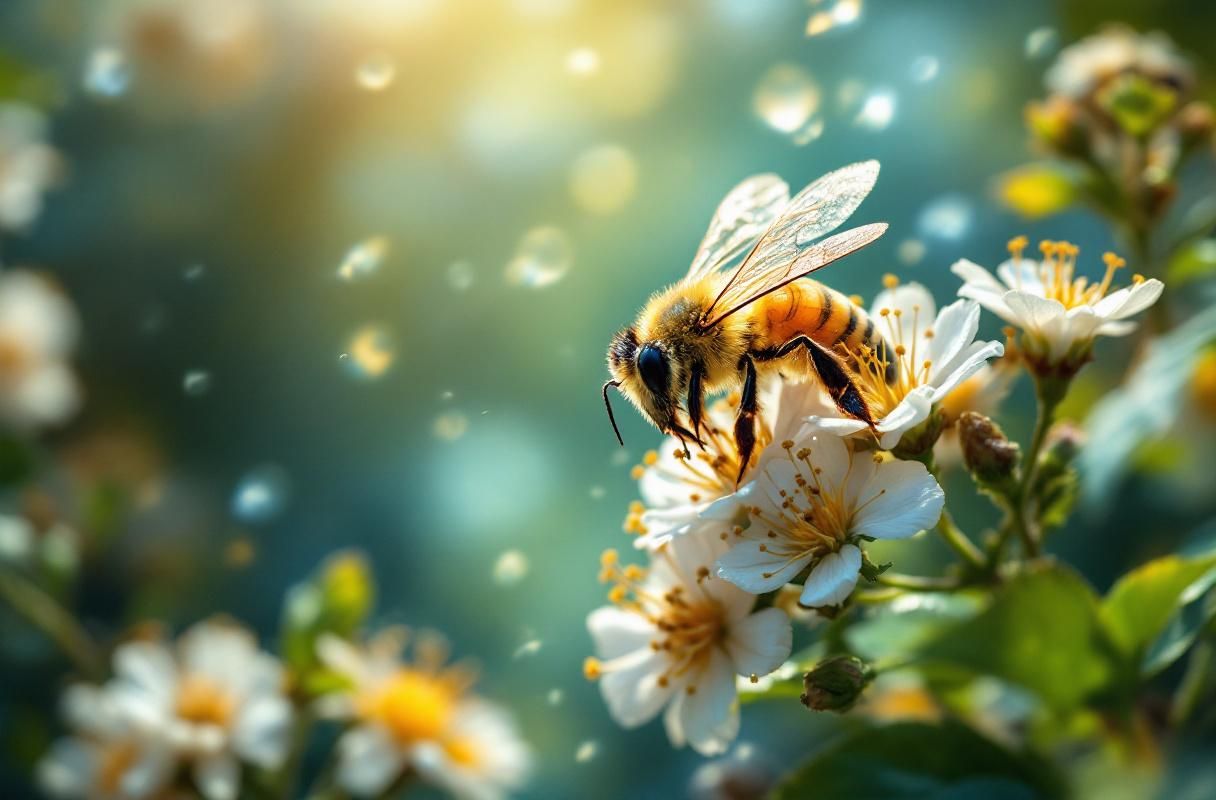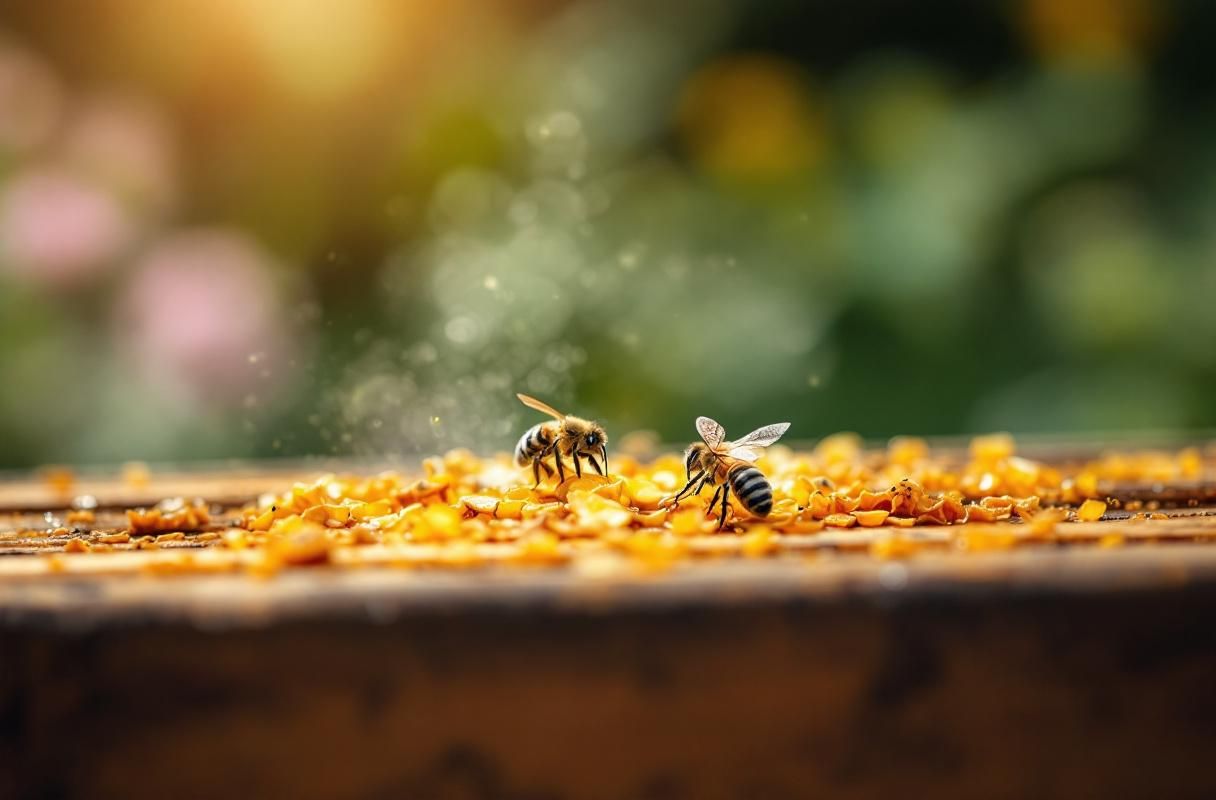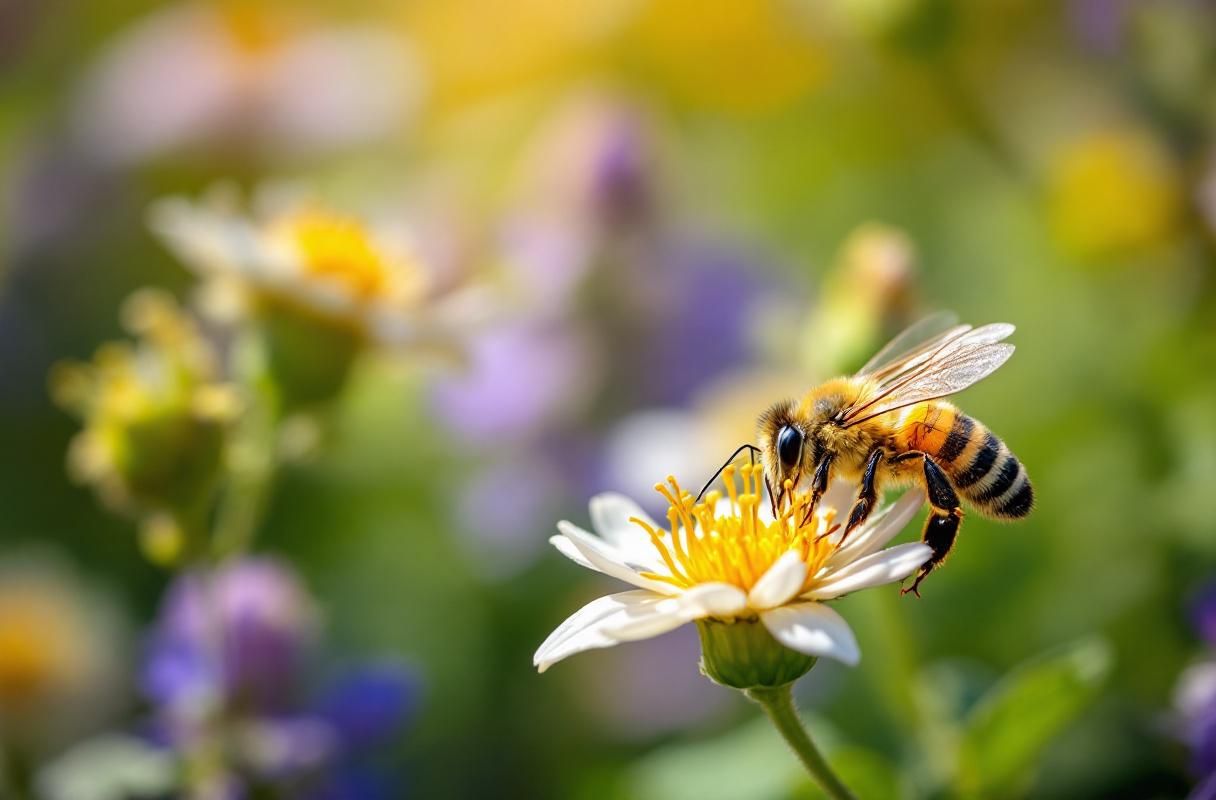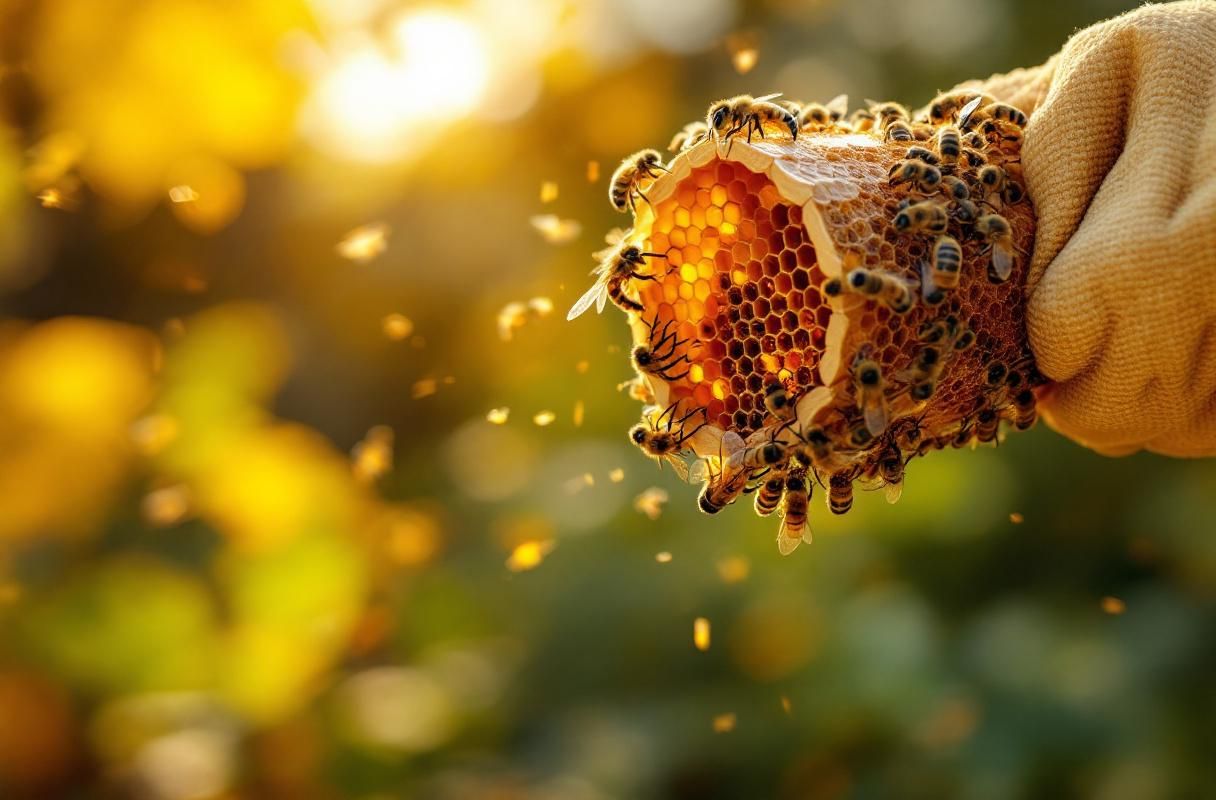
Did you know that honey bees are vital for the health of our ecosystems and food production? These industrious insects play a crucial role in pollinating a vast array of plants, which in turn supports biodiversity and the agricultural economy. Unfortunately, honey bee populations are facing significant threats, making it essential for gardeners and beekeepers alike to take steps to attract and support these important pollinators. This ultimate guide will explore how to attract honey bees to your garden, enhance their health, and support their vital pollination services.
Starting your journey into beekeeping requires an understanding of the essential beekeeping supplies that will ensure your success. Whether you are looking to maintain a small hobbyist apiary or are considering larger-scale beekeeping, having the right equipment is crucial. The fundamental supplies include a beehive, protective clothing, a smoker, a hive tool, and a bee brush. Each of these items serves a specific purpose; for example, the smoker helps calm bees during inspections, while protective clothing prevents stings during handling.

When selecting your beekeeping supplies, consider your specific needs and local climate. For beginners, it's advisable to invest in a starter kit that includes most of the essential equipment. Additionally, local beekeeping associations often provide resources and recommendations for quality suppliers. This not only helps ensure you are purchasing reliable products but also fosters a sense of community as you connect with experienced beekeepers who can offer guidance and support.
Honey bees play an indispensable role in pollination, which is the process by which pollen from the male part of a flower fertilizes the female part, leading to the production of fruits and seeds. Approximately one-third of the food we consume relies on pollination, and honey bees are responsible for pollinating a significant percentage of those plants. Without them, crops such as fruits, vegetables, and nuts would face drastic declines in yield, leading to food shortages and increased prices.

The impact of honey bees extends beyond food production; they contribute to the overall health of ecosystems. By pollinating a diverse range of plants, honey bees help maintain biodiversity, which is essential for ecosystem stability. This interdependence illustrates the critical role honey bees play in sustaining both agricultural practices and natural habitats, emphasizing the need for effective conservation efforts.
Maintaining the health of your honey bee colony is essential for successful beekeeping and ensuring pollination services. Common threats to bee health include pests such as Varroa mites, diseases like American foulbrood, and environmental factors such as pesticide exposure and habitat loss. To combat these threats, regular hive inspections are necessary. This practice allows beekeepers to identify signs of disease or infestation early, ensuring timely intervention.

Implementing best practices for maintaining a healthy colony includes providing adequate nutrition, ensuring proper hive ventilation, and managing stressors. Beekeepers should monitor food stores, especially during winter months, and consider supplemental feeding if necessary. Furthermore, practicing integrated pest management can help control pests while minimizing chemical use, thereby promoting overall bee health and longevity.
Honey comes in various types, each offering unique flavors, colors, and health benefits. Common varieties include clover, wildflower, and manuka honey. Clover honey, known for its mild flavor, is widely popular, while wildflower honey's taste varies depending on the flowers available in the region. Manuka honey, derived from the nectar of the manuka tree in New Zealand, is celebrated for its antibacterial properties and is often used in natural remedies.
The health benefits of different honeys are considerable. For instance, manuka honey is known to aid in wound healing and improve digestive health, while raw honey is packed with antioxidants that can enhance immune function. Understanding the properties of various honey types not only enriches your culinary experiences but also empowers you to choose the right honey for specific health needs.
Designing a bee-friendly garden is an effective way to attract honey bees and support their populations. Start by incorporating a diverse range of flowering plants that bloom at different times throughout the growing season. This ensures a continuous food supply for bees. Native plants are particularly beneficial, as they have evolved alongside local bee species and often provide the most suitable nectar and pollen sources.
In addition to plant selection, consider providing habitats such as bee hotels or undisturbed areas of soil for ground-nesting bees. Avoid using pesticides, as these can be harmful to bees and their natural behaviors. Instead, embrace organic gardening practices that promote a healthy ecosystem. By creating a bee-friendly garden, you not only support honey bees but also enhance the overall health and productivity of your garden.
Attracting honey bees to your garden not only enhances your garden's health but also supports the ecological balance necessary for sustainable food production and biodiversity. By understanding the importance of honey bees, ensuring their health, and creating a bee-friendly environment, you contribute to their conservation and the well-being of our planet. Start your journey to create a bee-friendly garden today and enjoy the myriad benefits that come with supporting these essential pollinators.
For further exploration, consider researching local beekeeping associations for resources, attending workshops, or even starting your own hive. The journey to becoming a responsible gardener and beekeeper is not only rewarding but essential for the future of our ecosystems.
Get free resources, early access to new features and updates.
No spam. Just fun educational emails!